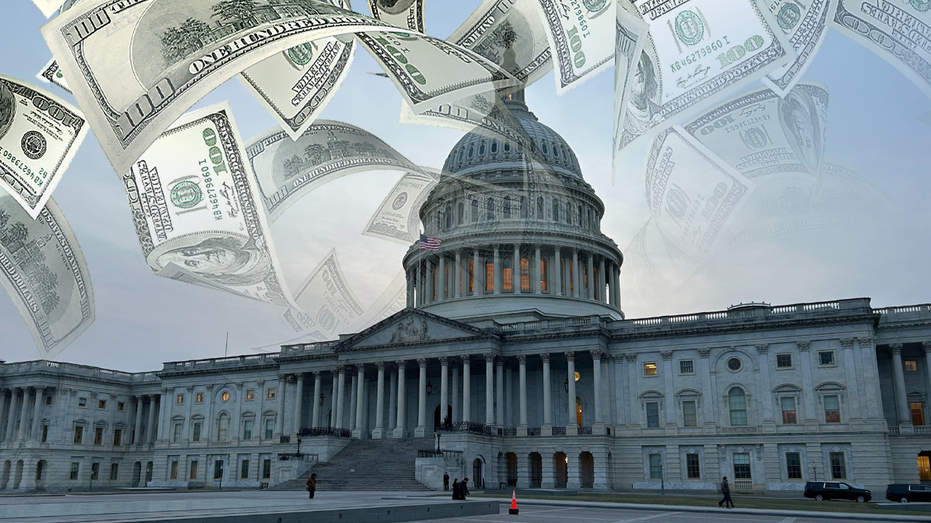GOP Bill Challenges Congress' 'No Rules Apply' Emergency Spending Practices
Rep. Marlin Stutzman unveils new bill aimed at tackling the growing national debt.

A leading voice for fiscal restraint in Congress is taking aim at what he describes as a "no rules apply" approach to emergency spending. Rep. Marlin Stutzman of Indiana is set to unveil the Emergency Spending Accountability Act, a measure designed to bring more oversight and structure to federal outlays intended for emergencies such as natural disasters, pandemics, and gaps in the appropriations process.
The new legislation would introduce a payment plan for such spending, requiring the government to pay off the balance of any emergency funds by 20% each year over five years following congressional approval. This move aims to create a greater sense of accountability and ensure that borrowed taxpayer dollars are ultimately paid back, rather than added permanently to the growing national debt.
According to Stutzman, Congress frequently pushes through massive emergency funding packages outside of the standard budget cycle. "Whenever there's an emergency, Congress always overreacts," he said. He criticized lawmakers for using emergencies as justification to spend significant amounts of money with little oversight, bypassing the traditional budgeting process and, in his words, fueling a cycle of unchecked federal expenditures.
Stutzman highlighted the alarming increase in the national debt since he first took office in 2010. At that time, the debt stood at $9 trillion; today, it has surged past $36 trillion. He noted that since the early 1990s, over $12 trillion has been allocated for emergency spending, much of it never repaid. He also raised concerns that not all of these funds were used for genuine emergencies, raising questions about the criteria for such spending.
Under Stutzman’s proposal, any future emergency spending would have to meet requirements established by the Balance Budget and Emergency Control Act of 1985. The criteria demand that such expenditures be necessary, sudden, urgent, unforeseen, and not permanent, providing a tighter framework for when and how emergency funds can be deployed.
While acknowledging the undeniable need for emergency spending—citing events like the COVID-19 pandemic and Hurricane Sandy—Stutzman argued for offsetting cuts elsewhere and improved planning to ensure responsible use of taxpayer dollars. He likened this approach to the way households and businesses maintain rainy-day funds for unexpected expenses, contrasting it with what he described as Washington’s lack of long-term financial discipline.
"Most companies and family budgets, they always have a rainy-day fund or an emergency fund that they can tap into if they need it for unexpected costs and expenses, but that's not the way Washington works," Stutzman said. "So that's the idea."




